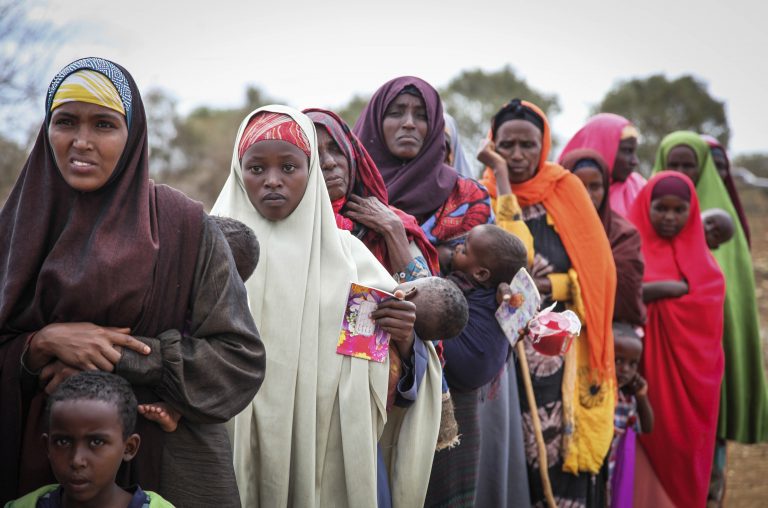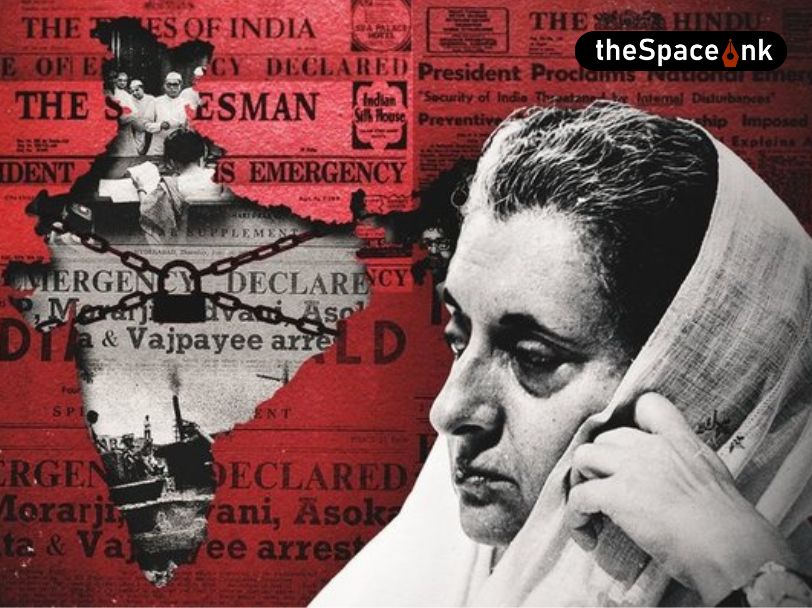Every year on May 25, the world celebrates Africa Day. On May 25 1963, 30 independent African leaders signed the founding charter of the OAU (Organization of African Unity). In 2002, to give more impetus to the organisation, many new areas were added, and it was transformed into the African Union (AU). From that perspective, this year is special as we commemorate the 20th anniversary of AU.
On the other hand, the celebration is tarnished by rising food prices due to Covid-19 and the Ukraine crisis. Notwithstanding, Africans and the African diaspora worldwide commemorated the day as it represents their collective struggle against colonialism. The day truly integrates the diverse continent into one identity and thus, is also known as the African Unity Day.
Each year the African Union decides a theme for the day based on the prevailing collective challenges for the continent. The theme for this year was “Strengthening Resilience in Nutrition and Food Security on the African Continent”, underpinning the importance of food and nutrition security across the continent.
Parallel to Africa day, the African Union has also convened an extraordinary summit in Malabo, Equatorial Guinea in order to discuss democratic backsliding, terrorism and other issues. As the extraordinary summit contemplates the progress towards its various objectives, analyses the challenges and finds a way forward, it would be interesting to re-evaluate the progress of Africa so far, vis-à-vis the fixed goals and highlight the good, bad and ugly.
Good
At the outset, it must be acknowledged that, despite their reputation for having fragile state health systems, the way the continent was able to resist the spread of coronavirus is commendable. While the pandemic is still not over, the countries are refocusing their efforts. Instead of frantically pursuing elusive vaccines, they are focusing on longer-term testing and surveillance methods that will gradually enhance the continent’s health systems.

Despite claims of a democratic retreat, Africa has witnessed several peaceful elections and democratic transitions. In Zambia, Hakainde Hichilema made history by defeating incumbent Edgar Lungu. In Morocco, the coalition of liberal parties won an overwhelming victory over the Muslim Brotherhood, illustrating political Islam’s waning appeal. Similarly, the peaceful transfer of power occurred in Gambia, Malawi, and DRC. In Sao Tome and Principe and Cape Verde, two island nations, opposition candidates were victorious. Finally, Somalia successfully conducted its election, defying the resurgence of the extremist Islamist group Al-Shabaab.
Bad
There have been a series of coups across the continent. In Chad, the President was killed in an “institutional coup d’état. “. Mali witnessed two back-to-back coups within nine months. Irked by the coups and rumoured presence of the Russian private army Wagner group, the French government decided to withdraw its troops from the country. France has been the principal security provider for the country since 2013. The Frexit from Mali will further aggravate the security situation in Mali and the greater Sahel region. Similar military coups took place in Guinea and Sudan. Meanwhile, countries like Niger, Madagascar and Guinea-Bissau have survived failed coup attempts.
When Ethiopian Prime Minister Abiy Ahmed declared war against the Tigrayan Liberation Front (TPLF), it was expected to be swift and over within weeks, if not days. Surprisingly, the war continues amid countless twists and has now transformed into a civil war, putting the fate of 115 million Ethiopians in jeopardy.

While Islamic terrorism is a global problem, some countries of Africa are particularly prone to terrorism perpetrated by extremist Islamists. The Sahel region of West Africa is currently the most exposed to the threat of radical Islamism. Islamists continue to assault security forces and civilians in nations such as Burkina Faso, Mali, Niger, and Nigeria. Since 2017, Islamist extremists have been active in Mozambique, exacting a heavy toll in terms of lives and livelihood. Other countries where Islamist radicals are active include Kenya, Tanzania, Somalia, and the Democratic Republic of the Congo.
Ugly
Lorem ipsum dolor sit ameIn March 2018, African leaders agreed to establish an Africa Continental Free Trade Area (AfCFTA). While the AfCFTA is an ambitious attempt to integrate the continent economically, the continent remains politically divided. This was clear during the UNGA resolution to condemn Russian aggression, which received the support of only 31 countries out of 55. This split house was also visible during the African Union’s (AU) annual summit earlier this year. There were many important issues to debate, such as military coups and recovery measures from the COVID pandemic. Yet, the entire meeting was disrupted by disagreements among the African Union’s Member States over Israel’s observer status. While Algeria and South Africa vehemently opposed Israel’s observer status, Kenya and Ethiopia openly supported the bid. Many other African countries, like Morocco which is a signatory of the Abraham Accord, tacitly supported Israel forcing the Union to postpone the debate until next year.
Way forward
In a world beset by global crises such as the COVID-19 pandemic and climate change, the choice to emphasise the importance of food and nutrition security is both timely and critical. It will make the continent more resilient and help to successfully achieve the Agenda 2030 for sustainable development.
The cover story of Economist magazine in 2000 was titled ‘The hopeless continent,’ whereas, in 2011, it changed to ‘Africa Rising.’ The continent continues to hold a lot of promise. It possesses both the people and technical resources necessary to ensure a better future for all of its citizens. Africa now has six of the world’s top ten fastest-growing economies. The fast-approaching target of eliminating hunger and malnutrition by 2030 is still achievable. And for that to happen, the Africa Day represents an opportunity for the continent to think beyond the symbolic importance of cultural and culinary celebrations and embody the ethos of pan-Africanism, as envisaged by its forefathers.
Images courtesy: Rawpixel
Samir Bhattacharya is a Research Associate at the VIF. He is also
pursuing PhD on India-Africa economic relations from Jawaharlal Nehru University, India. He has done his graduate study from University of Auvergne 1, France on Environment Economics. Before resuming his higher studies, he has worked with different types of organizations such as French Embassy in New Delhi, Saciwaters (Research Organisation) and CUTS International (NGO). In addition to geopolitics of Africa, his research interests include climate politics, south-south cooperation, international trade and functioning of different multilateral institutions.







